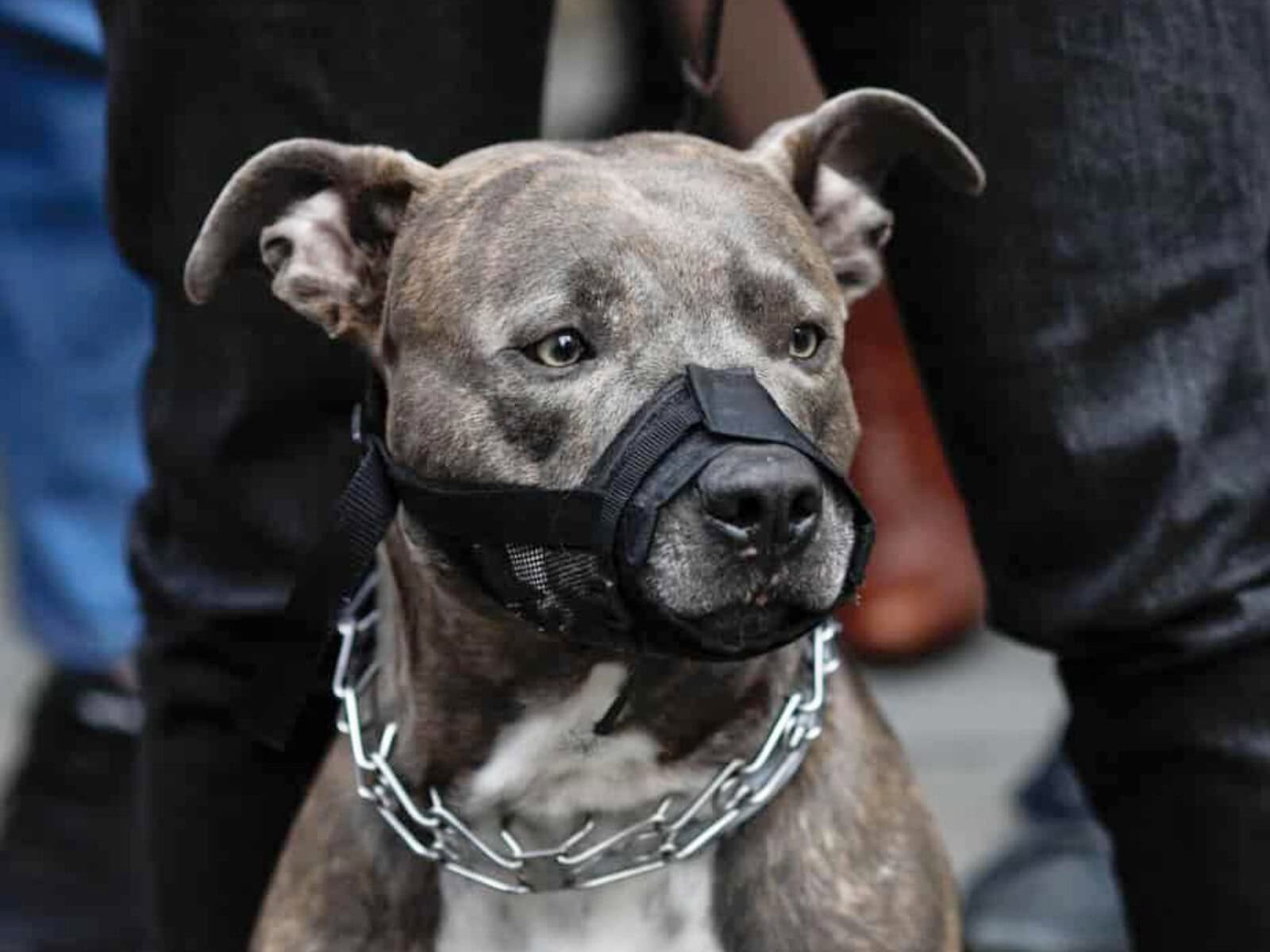A woman was found guilty of culpable homicide for not properly securing her pit bull, which mauled a neighbour's son to death.

Divisive but defended to the hilt, the pit bull breed of dog supercharges opinion like no other.
Power-breed dog ownership was questioned again this week as a Free State woman was convicted of culpable homicide after her pit bull mauled an eight-year-old to death while he was playing next door.
The women will be sentenced in September after being found guilty of negligence for failing to secure the animal properly.
Those who observe pit bulls and the human-dog relationship on a daily basis shared their insights on the challenges related to the enigmatic breed with The Citizen.
‘Not naturally aggressive’
Defenders of the breed repeat the mantra that problems caused by pit bulls are not the dog’s fault, but those of their handlers.
Estelle Smith, CEO of Underdogs SA Pit Bull Rescue, agreed, but stated that it took a well-balanced individual to raise a pit bull correctly.
She clarified that pit bulls were not nanny dogs, property protectors, status symbols, fighting machines, or fashion statements.
Smith said they were patient, intelligent, loyal and highly sensitive to their owners’ emotions; mimicking their owners’ stress, anxiety and frustration.
“A pit bull is not naturally aggressive; they get trained to be aggressive. They get abused to get aggressive,” said Smith, noting the similarity in how an adverse social environment can affect human psychology.
“When a pit bull gets aggressive, it is when it gets locked in a small space or confined to a chain. They get frustrated, they get irritated. They flourish on love and attention,” Smith said.
Smith warned that chaos was like poison to a pit bull, saying, “Don’t get these dogs if you have small children who are hyperactive”.
Pit bulls as service animals?
The South African Guide Dogs Association trains and pairs suitable animals with vulnerable members of society, mainly the visually impaired.
Their preferred breeds are the Labrador and Golden Retriever as they are “highly human focused, biddable and kind in temperament”, while being easily trained using positive reinforcement.
Leigh De Beaufort, head of Kennels and Puppy Training, said dogs that do not make the cut are ones that are easily distracted, as they pose a risk to their handlers.
“We select the most suitable breed of dogs and breeding lines with the correct temperament to be trained to work as an assistance dog,” said De Beaufort.
“Each breed of dog has a common trait in temperament; there are of course the outliers who may not carry the same trait…but no two dogs were alike” she explained.
Asked if pit bulls had ever been considered for such service, she stated that the history of the breed being bred for fighting and violence ruled them out.
“This is not a trait our association would like to attempt to breed out, as this would not be financially viable. Genetics do play a large part in a dog’s psychological makeup.
“We would not entertain this breed as an assistance dog,” De Beaufort concluded.
Responsible ownership
When considering a pit bull as a pet, Smith said it took absolute dedication, as they “will do anything to please you as an owner”.
This devotion is what can be exploited, and given the wrong input, the results of the dog’s behaviour can be deadly.
“The dogs that do kill people are trained to attack. Never teach a pit bull attack training as they will instinctively protect you as their owner, as they are so loyal.
“A pit bull will protect you with every millimetre in him if he has bonded with you,” said Smith, adding that they get intense separation anxiety
Matching the right person with the right animal is important, says Smith, saying this can only be done by experienced behaviourists, and not casual sellers.
“You need to get a behavioural report on the puppy and know the history of the breed and the bloodline,” said Smith, warning that pit bull’s behaviour is known to change over time.
“It is very, very important that you take the dog for puppy training. They need to be stimulated, they need positive reinforcement to know the rules, regulations and boundaries,” Smith concluded.
NSPCA advice
The National Council for the Society for the Prevention and Care for Animals (NSPCA) encouraged responsible pet ownership and forethought when considering a new pet.
“Certain breeds may require more experienced owners or specialised care depending on their background, temperament, and individual history,” said NSPCA spokesperson Jacques Peacock.
“As such, we encourage case-by-case assessments rather than a one-size-fits-all approach.”
On their own adoption policies, Peacock said the NSPCA did not have any breed-specific bans, but were wary of those adopting for the wrong reason.
“General adoption guidelines provided by the NSPCA advise that only healthy, behaviourally sound animals should be considered for adoption.”
“These guidelines stress the importance of thorough pre- and post-adoption checks, to ensure animals are placed in responsible and suitable homes,” Peacock concluded.
NOW READ: Man in critical condition after being attacked by a pit bull






